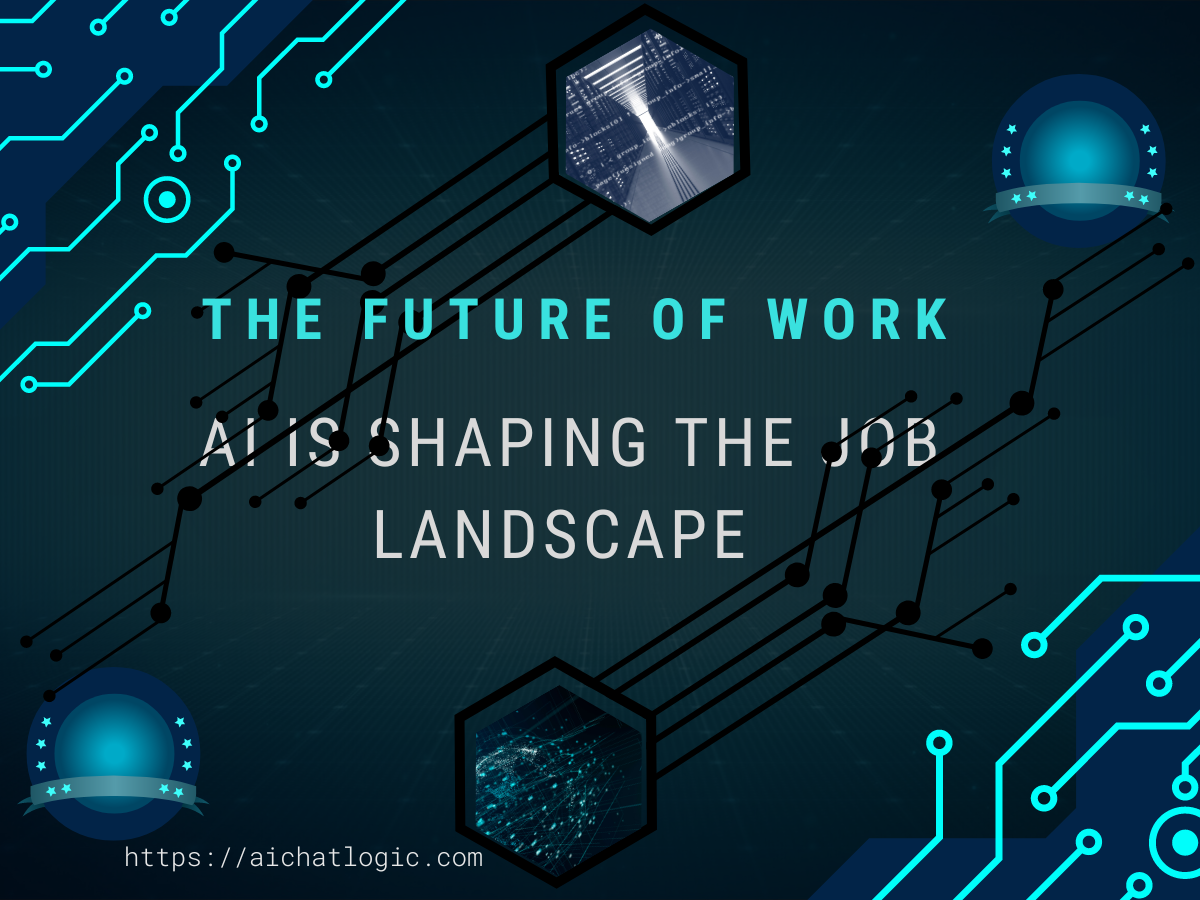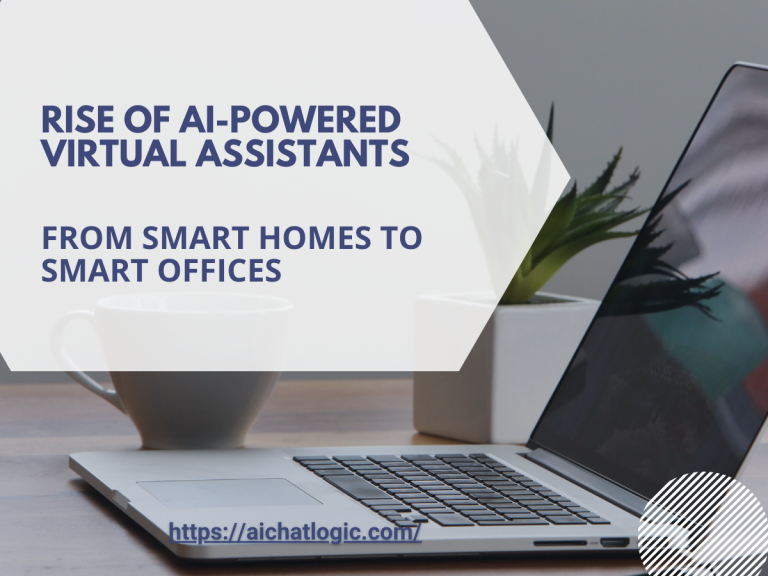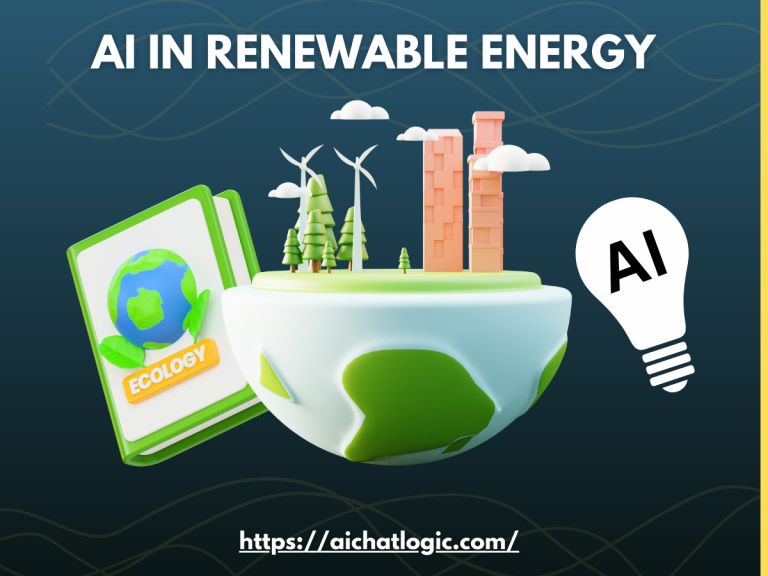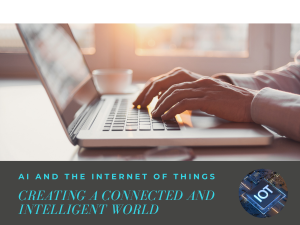1. Introduction
In recent years, the advancements in artificial intelligence (AI) have significantly impacted various aspects of our lives, including the way we work. AI has revolutionized industries, automated tasks, and raised concerns about the future of jobs. This article explores how AI is shaping the job landscape and what it means for workers in the coming years.
2. The Rise of Artificial Intelligence in the Workplace
Artificial intelligence (AI) refers to the development of computer systems capable of performing tasks that typically require human intelligence. From chatbots and virtual assistants to complex algorithms and machine learning models, AI has become an integral part of the job landscape. Its ability to analyze vast amounts of data, make predictions, and perform repetitive tasks with speed and accuracy has made it invaluable in various industries.
3. Automation and Job Displacement
One of the primary concerns surrounding AI is its potential to automate jobs, leading to job displacement. As AI technology continues to advance, certain tasks and roles that are repetitive, rule-based, or predictable can be performed more efficiently by machines. This automation has the potential to reduce the need for human workers in certain areas, affecting both low-skilled and high-skilled positions.
4. The Transformation of Traditional Roles
While some jobs may be at risk of automation, AI is also transforming traditional roles rather than eliminating them entirely. For example, AI can assist doctors in diagnosing diseases, improve the efficiency of manufacturing processes, or enhance customer service experiences. Instead of replacing humans, AI is augmenting their capabilities and enabling them to focus on more complex and creative aspects of their work.
5. The Emergence of New Job Opportunities
As certain jobs become automated, new job opportunities will emerge in industries related to AI development, maintenance, and implementation. The demand for AI specialists, data scientists, and machine learning engineers is already on the rise. These roles require a deep understanding of AI technologies and the ability to harness its potential in various domains. Additionally, jobs that require human touch, creativity, and emotional intelligence are expected to remain in demand.
6. Upskilling and Reskilling for the Future
To adapt to the changing job landscape, individuals need to upskill and reskill themselves. As AI technology continues to evolve, acquiring new skills and knowledge becomes crucial for staying relevant in the workforce. This may involve learning programming languages, data analysis, or gaining expertise in human-centered fields that require emotional intelligence and interpersonal skills. Lifelong learning and continuous development will be essential for navigating the future of work.
7. Ethical Considerations and Challenges
The integration of AI into the job landscape raises important ethical considerations. Issues such as data privacy, algorithmic bias, and the impact on social equality need to be addressed. Additionally, the potential misuse of AI and the implications for job security must be carefully managed. Governments, organizations, and individuals must collaborate to establish ethical frameworks and guidelines for the responsible use of AI in the workplace.
8. AI as a Collaborative Tool
Rather than viewing AI as a replacement for human workers, it can be seen as a collaborative tool. By harnessing the power of AI, individuals and organizations can enhance productivity, make informed decisions, and streamline processes. AI can assist in research, data analysis, and automating repetitive tasks, allowing humans to focus on complex problem-solving and innovation.
9. The Human Touch: The Importance of Emotional Intelligence
Despite the advancements in AI, certain skills unique to humans remain invaluable in the workplace. Emotional intelligence, creativity, critical thinking, and empathy are qualities that differentiate humans from machines. Jobs that require interpersonal communication, relationship building, and understanding human emotions will continue to be in demand. Developing and leveraging these human-centric skills will be crucial in the future job market.
10. AI and Work-Life Balance
AI has the potential to reshape the traditional concept of work and contribute to better work-life balance. With automation handling repetitive and mundane tasks, individuals can focus on meaningful work and have more time for personal activities. However, it is essential to strike a balance and ensure that AI technologies do not lead to increased workload or encroach on personal boundaries.
11. The Role of Government and Policy Making
As AI becomes increasingly integrated into the job landscape, governments and policymakers play a crucial role in shaping its impact. They need to establish regulations, laws, and policies that address the ethical, social, and economic aspects of AI adoption. Creating an environment that fosters innovation, upskilling programs, and safeguards against misuse is essential for ensuring a smooth transition into the future of work.
12. The Future of Education and Training
The rapid advancements in AI necessitate changes in education and training systems. To prepare the workforce for the future, educational institutions should incorporate AI-related skills and knowledge into their curricula. This includes teaching critical thinking, problem-solving, and digital literacy. Lifelong learning initiatives and flexible training programs should also be promoted to enable individuals to adapt to changing job requirements.
13. Conclusion
The future of work is undeniably intertwined with AI. While concerns about job displacement exist, the integration of AI also presents opportunities for transformation, new job roles, and increased efficiency. By upskilling, embracing lifelong learning, and leveraging the unique qualities of humans, individuals can navigate the changing job landscape and thrive in an AI-driven world.
14. Frequently Asked Questions (FAQs)
Q1: Will AI completely replace humans in the workforce?
A1: While AI has the potential to automate certain tasks, it is unlikely to completely replace humans. Instead, AI will augment human capabilities and create new job opportunities in AI-related fields.
Q2: How can individuals prepare for the future of work in an AI-driven world?
A2: Individuals should focus on upskilling, reskilling, and developing skills that are uniquely human, such as emotional intelligence and creativity. Lifelong learning and adaptability will be crucial for success.
Q3: What are the ethical considerations associated with AI in the workplace?
A3: Ethical considerations include issues of data privacy, algorithmic bias, and the responsible use of AI. Governments, organizations, and individuals must collaborate to establish ethical frameworks and guidelines.
Q4: Will AI improve work-life balance?
A4: AI has the potential to contribute to better work-life balance by automating mundane tasks. However, it is important to ensure that AI technologies do not lead to increased workload or encroach on personal boundaries.
Q5: What is the role of governments in shaping the future of work with AI?
A5: Governments play a crucial role in establishing regulations, laws, and policies that address the ethical, social, and economic implications of AI adoption. They should foster innovation, upskilling programs, and safeguards against misuse.












+ There are no comments
Add yours